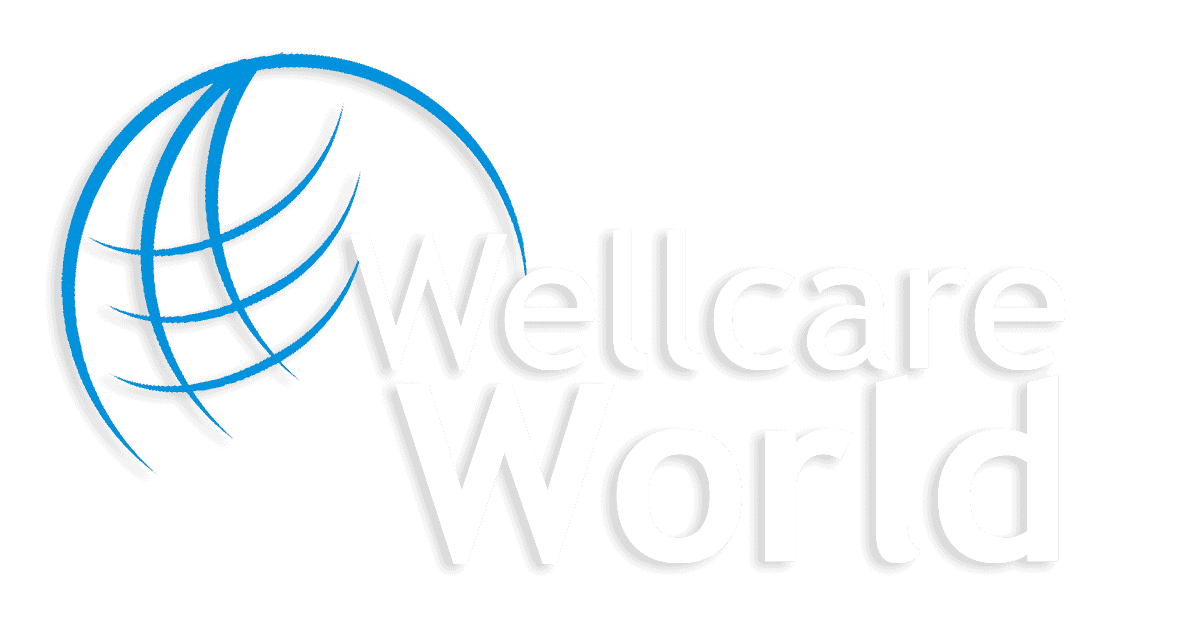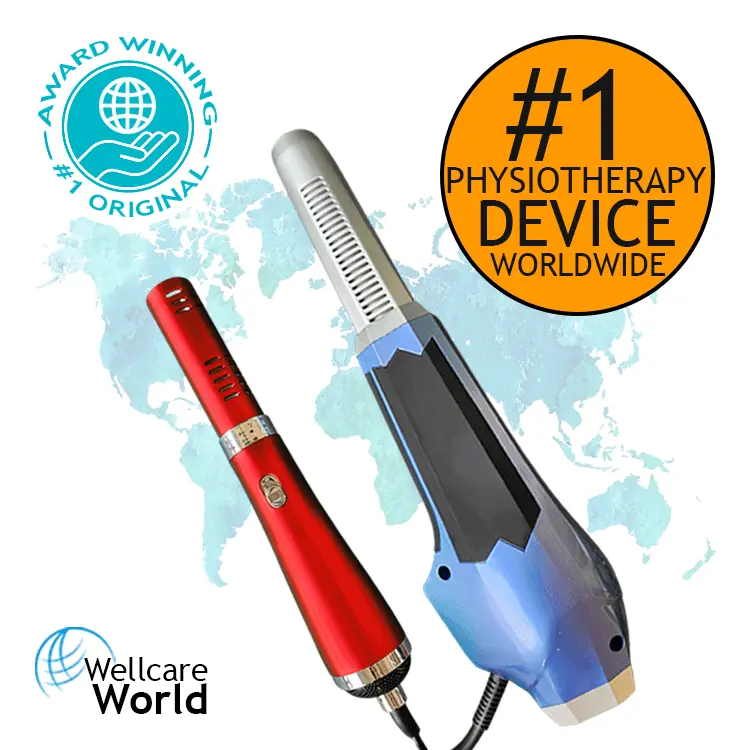Psychosis is a complex mental health illness that is characterized by a range of symptoms, including delusions, hallucinations, and disturbed thought patterns. Although there are several treatments available for psychosis, such as medication and psychotherapy, there is still a need for innovative approaches to manage and treat this condition.
Terahertz (THz) technology is an emerging technology that has the potential to revolutionize medical diagnostics and treatment. While it has not been extensively researched in relation to psychosis, terahertz waves have been investigated for their impact on biological tissues, including the human brain.
In this article, we will explore the potential use of terahertz technology in the treatment of psychosis. We will also examine the impact of terahertz waves on biological tissues and discuss the current state of research in this area.
What is Terahertz Technology?
Terahertz technology is a type of electromagnetic radiation that falls between the microwave and infrared regions of the electromagnetic spectrum. It is sometimes referred to as T-rays or THz waves. Terahertz radiation has a frequency range of approximately 0.1 THz to 10 THz.
Terahertz technology has several potential applications in the medical field, including diagnostics and treatment. For example, THz waves can be used to detect and identify various substances, such as explosives, drugs, and chemicals. THz waves can also be used to image biological tissues, such as the skin and cornea, and to detect early-stage cancer.
Terahertz Technology and the Brain
Although terahertz technology has been investigated for its potential use in medical diagnostics and treatment, its impact on biological tissues, including the brain, is still not fully understood. Some studies have suggested that terahertz waves may have a positive impact on neural activity and brain function, while others have suggested that they may have detrimental consequences, such as cell damage and apoptosis.
One study, published in the Journal of Neuroscience, found that low-intensity THz waves could enhance the activity of neurons in the brain’s hippocampus, a region that is involved in learning and memory. The researchers suggest that this effect could be useful in the treatment of conditions such as Alzheimer’s disease and dementia.
However, other studies have suggested that exposure to terahertz waves may have negative effects on biological tissues. For example, a study published in the Journal of Infrared, Millimeter, and Terahertz Waves found that terahertz radiation can induce apoptosis, or programmed cell death, in human leukemia cells. Another study, published in the Journal of Photochemistry and Photobiology B: Biology, found that exposure to terahertz radiation can damage DNA in human blood cells.
Terahertz Technology and Psychosis
There is currently no known application for the treatment or management of psychosis using terahertz technology. However, the potential use of terahertz technology in the treatment of psychosis is an area that is worthy of further investigation.
One potential application of terahertz technology in the treatment of psychosis is the use of terahertz waves to enhance the activity of neurons in the brain. As mentioned earlier, a study published in the Journal of Neuroscience found that low-intensity THz waves could enhance the activity of neurons in the hippocampus. The hippocampus is an area of the brain that is involved in learning and memory and is often affected in individuals with psychosis.
Another potential application of terahertz technology in the treatment of psychosis is the use of THz waves to deliver drugs directly to the brain. Terahertz waves have been shown to be capable of penetrating the blood-brain barrier , which is a protective layer that prevents many drugs from reaching the brain. By using terahertz waves to deliver drugs directly to the brain, it may be possible to improve the effectiveness of current treatments for psychosis.
However, it is important to note that the impact of terahertz waves on biological tissues, including the brain, is not fully understood. Further research is needed to determine the potential benefits and risks of using terahertz technology in the treatment of psychosis.
Current Treatments for Psychosis
While terahertz technology shows promise as a potential treatment for psychosis, it is important to note that current treatments for psychosis are effective and should not be overlooked. Treatment for psychosis often requires a combination of medication, psychotherapy, and lifestyle changes.
Antipsychotic medication is often the first line of treatment for psychosis. These medications work by blocking dopamine receptors in the brain, which can reduce the symptoms of psychosis, such as hallucinations and delusions.
Psychotherapy can also be effective in the treatment of psychosis. Cognitive behavioral therapy (CBT) is a type of psychotherapy that is often used to treat psychosis. CBT helps individuals to identify and challenge negative thought patterns and beliefs that may be contributing to their symptoms.
Lifestyle changes, such as reducing stress, getting enough sleep, and avoiding drugs and alcohol, can also be beneficial in the treatment of psychosis.
Conclusion
In conclusion, terahertz technology is an emerging technology that has the potential to revolutionize medical diagnostics and treatment. While it has not been extensively researched in relation to psychosis, there is potential for terahertz technology to be used in the treatment of this complex mental health illness.
However, it is important to note that the impact of terahertz waves on biological tissues, including the brain, is not fully understood. Further research is needed to determine the potential benefits and risks of using terahertz technology in the treatment of psychosis.
It is also important to note that current treatments for psychosis, such as medication and psychotherapy, are effective and should not be overlooked. If you or someone you know is exhibiting symptoms of psychosis, it is important to seek the assistance of a mental health physician as soon as possible.








